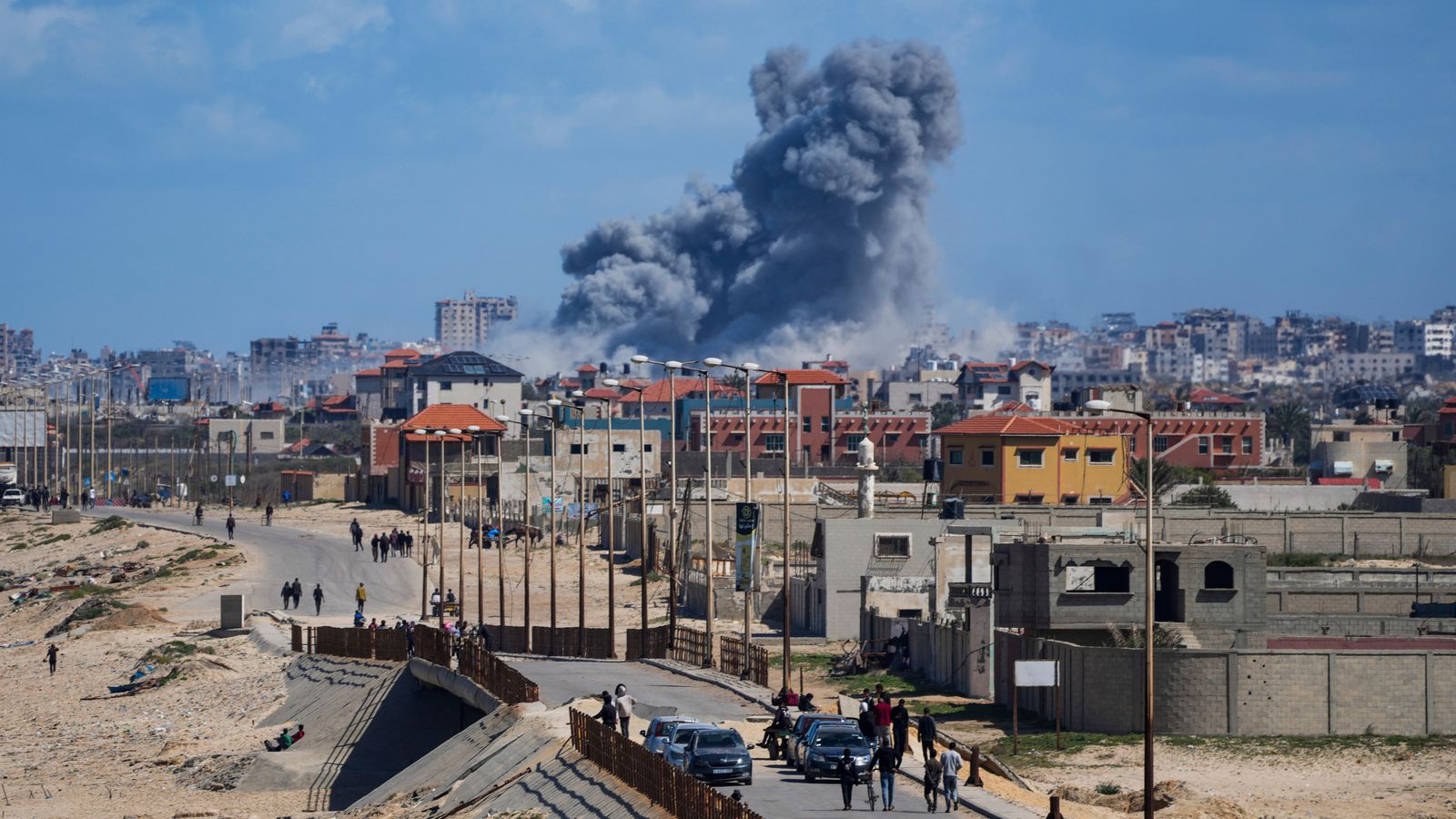Authorities in the Philippines have raised the danger level of the Taal volcano after it spurted a huge plume of gases and steam into the air.
The Taal volcano in Batangas province, south of the capital Manila, caused disruption and concern on Thursday after spewing the 1km (0.62mile) high phreatomagmatic plume.
According to the British Geological Survey, such eruptions take place as a result of magma erupting through water.
Volcanologists in the Philippines raised the alert status to level three from level two after the explosion, which means “there is magmatic intrusion at the main crater that may further drive succeeding eruptions”.
Authorities have started urging residents in the lakeside towns of Agoncillo and Laurel in Batangas Province to evacuate due to possible eruption hazards, including a potential for a volcanic tsunami.
Water in Taal’s crater boiled before and after its eruption, a video posted on the Facebook page of the seismology agency showed.
The environmental organisation Greenpeace Philippines observed an unusual haze over the capital’s skyline, on Wednesday, which The Philippine Institute of Volcanology and Seismology (PHIVOLCS) acknowledged was due to a combination of sulfur dioxide from the volcano and worsening air pollution.
Reacting to the occurrence, Greenpeace campaigner Khevin Yu said: “The unhealthy air situation due to increasingly normalizing car volume in Metro Manila, worsened by Taal’s volcanic activities, exposes the consequences of deprioritizing air pollution monitoring.”
Taal is one of the world’s smallest active volcanoes, standing at only 311 metres (1,020ft).
It spewed clouds of ash in January last year, prompting the evacuation of more than 100,000 people.
Clouds of ash blew more than 62 miles (100km) north, reaching Manila, and forcing the partial shutdown of the country’s main airport with more than 500 flights cancelled.



